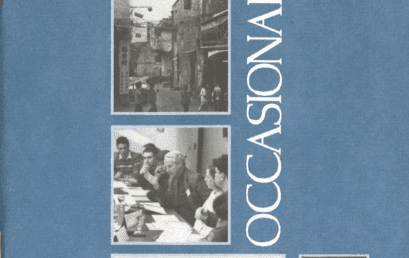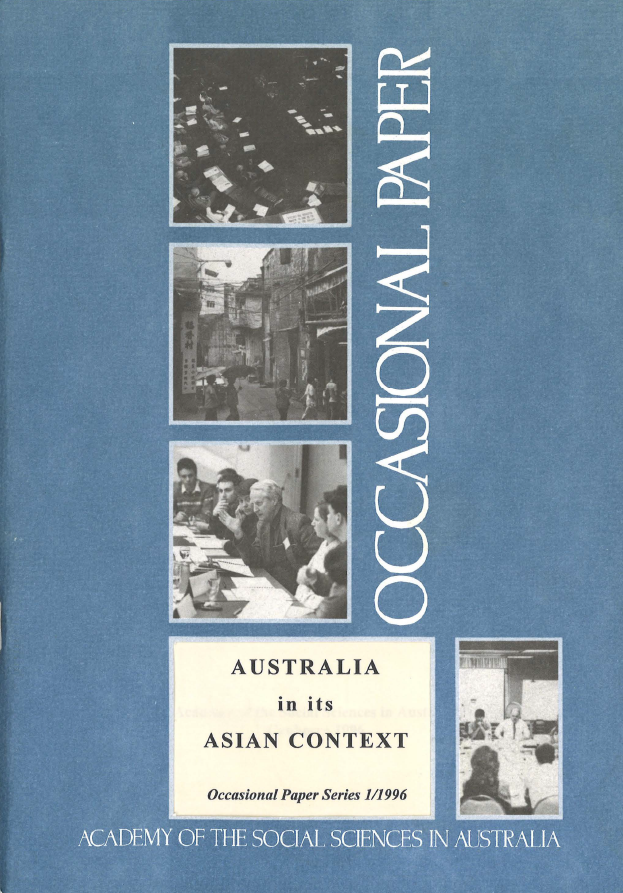But what is peace? It is, as most of our speakers insisted, much more than the absence of war or violence. As Rob Walker attests many prefer to see peace as the absence of injustice, or more fully the absence of the forces which generate injustice and violence. Yet struggles to redress injustices of ethnicity, class or gender can generate violence and war while appeals to the values of peace can entrench such injustices in the name of law and order. So, the rival norms of order and justice haunt both the ideals of peace and its practical realisation – as is eloquently attested in this volume by Jacqueline Siapno for Aceh and East Timor and Ruth Saovana Spriggs for Bougainville. In struggling to reconcile the claims of nationalists for justice and freedom from Indonesian imperialism and their espousal of violent masculinist values Siapno suggests, that ‘the opposite of war is not peace – it is creativity’
Walker points out that our very notions of peace, as a normative ambition, as a cultural ideal, are closely entangled, even congealed with those of state sovereignty. The emergence of the state system in Europe entailed foundational claims to sovereignty over what were contingent containments of space and time: particular territories were defined by borders and particular histories proclaimed through selective genealogies of ‘nations’. Within its borders, a state arrogated a legitimate monopoly on violence while peace and altruism were proclaimed as internal ideals. Without its borders a state arrogated a right to violent defence of its selfinterests and war was presumed a natural outcome of relations between hostile states. Thus, the emergence of European models of states and citizens generated potent and persisting paradoxes between the universalist ideals of the ‘human’ and the relativist claims of particular nations, and between the demarcation of zones of peaceful altruism and agonistic selfinterest. But, as Walker argues genocide against enemies in war was often more visible than genocide against a state’s own citizens through routine injustice and neglect.

